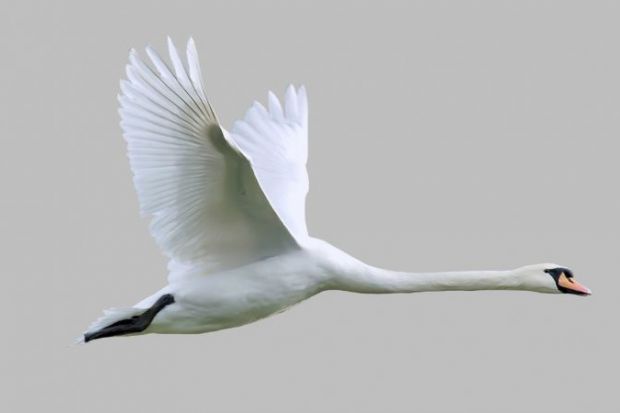Thirteen Australian institutions have secured initial Athena SWAN accreditation, as its adaptation of the UK-created gender equity programme gathers steam.
Eleven universities and two medical research institutes have been granted Athena SWAN bronze awards, joining an initial group of 15 institutions that were recognised last December.
Their endorsement marks a milestone for Science in Australia Gender Equity (SAGE), which was established in 2015 to pilot the Athena SWAN Charter down under.
The charter’s 10 principles include commitments to address unequal gender representation, tackle the gender pay gap, remove obstacles to women’s career progression and wind back the undermining influence of short-term contracts on staff retention and progression.
The Australian Academy of Science, which runs the initiative with the Australian Academy of Technology and Engineering, said that it expected the programme to eventually cover the entire higher education and research sector. The initiative currently boasts 45 members including 33 universities, six medical research institutes and another six publicly funded research organisations.
Members must demonstrate convincing changes to their gender and diversity practices to earn bronze awards, with their applications judged by panels of independent peer reviewers. Successful applicants can seek silver and gold accreditation in subsequent years.
“The bronze award recognises an institution’s work to set solid foundations for their journey to transformative change,” said SAGE executive director Wafa El-Adhami.
The federal government, which committed A$1.8 million (£975,000) to SAGE in its April budget, said that it wanted to boost the number of women in STEM fields. “Our universities must be at the forefront when it comes to setting an example,” said science minister Karen Andrews.
The Australian Academy of Technology and Engineering said that diversity was “not an optional extra”. Academy president Hugh Bradlow said workplaces that reflected the wider community were effective as well as ethical because they were “tapping into the skills of their entire team”.
The new bronze award recipients are:
- Australian National University
- Deakin University
- Federation University Australia
- Flinders University
- La Trobe University
- Macquarie University
- RMIT University
- South Australian Health and Medical Research Institute
- The George Institute for Global Health
- University of Queensland
- University of South Australia
- University of Sydney
- Western Sydney University
Four other institutions unsuccessfully applied for bronze awards, including Queensland’s Bond and James Cook universities and the University of Tasmania. The Academy of Science said that they had been “recognised for their progress”, and would be able to apply again next year.
Another four institutions including the University of the Sunshine Coast deferred their applications “due to changes in their organisational structures”, the academy said. They are due to be assessed in October and November, along with five new applicants.
Register to continue
Why register?
- Registration is free and only takes a moment
- Once registered, you can read 3 articles a month
- Sign up for our newsletter
Subscribe
Or subscribe for unlimited access to:
- Unlimited access to news, views, insights & reviews
- Digital editions
- Digital access to THE’s university and college rankings analysis
Already registered or a current subscriber? Login








